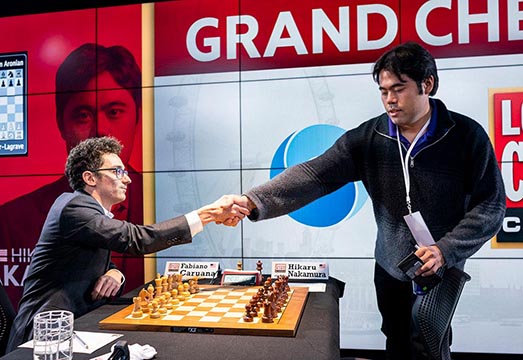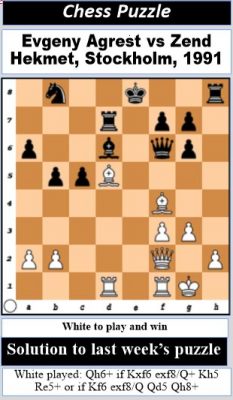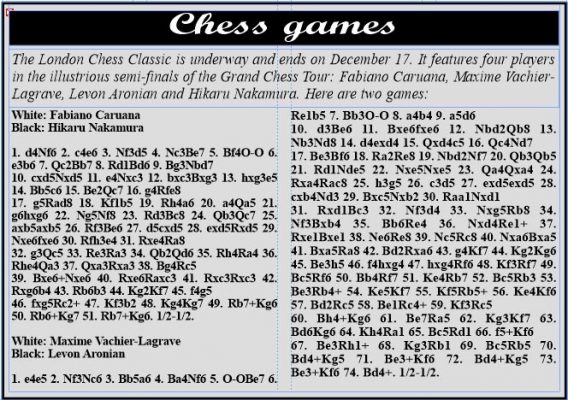 We witnessed recently, a series of draws in the classical games of the World Chess Championship Match. The classical games give a player adequate thinking time. Last week, at the semi-finals of the London Chess Classic, we experienced a repeat of the draws we saw at the World Championship Match. And those draws were effected among some of the most pre-eminent grandmasters of our time.
We witnessed recently, a series of draws in the classical games of the World Chess Championship Match. The classical games give a player adequate thinking time. Last week, at the semi-finals of the London Chess Classic, we experienced a repeat of the draws we saw at the World Championship Match. And those draws were effected among some of the most pre-eminent grandmasters of our time.
The question is: Should a classical chess match be determined by Rapid, Blitz and Armageddon games? As we are accustomed to say in chess, something is wrong and unusually funny with such a move. I, in addition to some others, believe the classical games should provide a result in the classical format.

We have the Rapid and Blitz World Championship Matches played separately. Incidentally, Norway’s Magnus Carlsen is the world champion in all three formats. So why should a classical World Championship Match be settled in a Rapid format? I am positive the World Chess Federation (FIDE) considered such matters before allowing the classical mode to tampered with. Previously, the number of games used to be stretched to 24, instead of 12. The chance, therefore, of creating a new champion, or the former one retaining his title, would be truly positive, if not overwhelming.
When Capablanca faced Alekhine for the World Championship title in 1927, the first player to accumulate six victories, draws not counting, would be declared chess champion of the world. But such a scenario could take months and was not feasible. That, perhaps, was one of the reasons why FIDE altered the format. I still prefer the 24-game championship when Fischer opposed Spassky and Karpov faced Kasparov.








